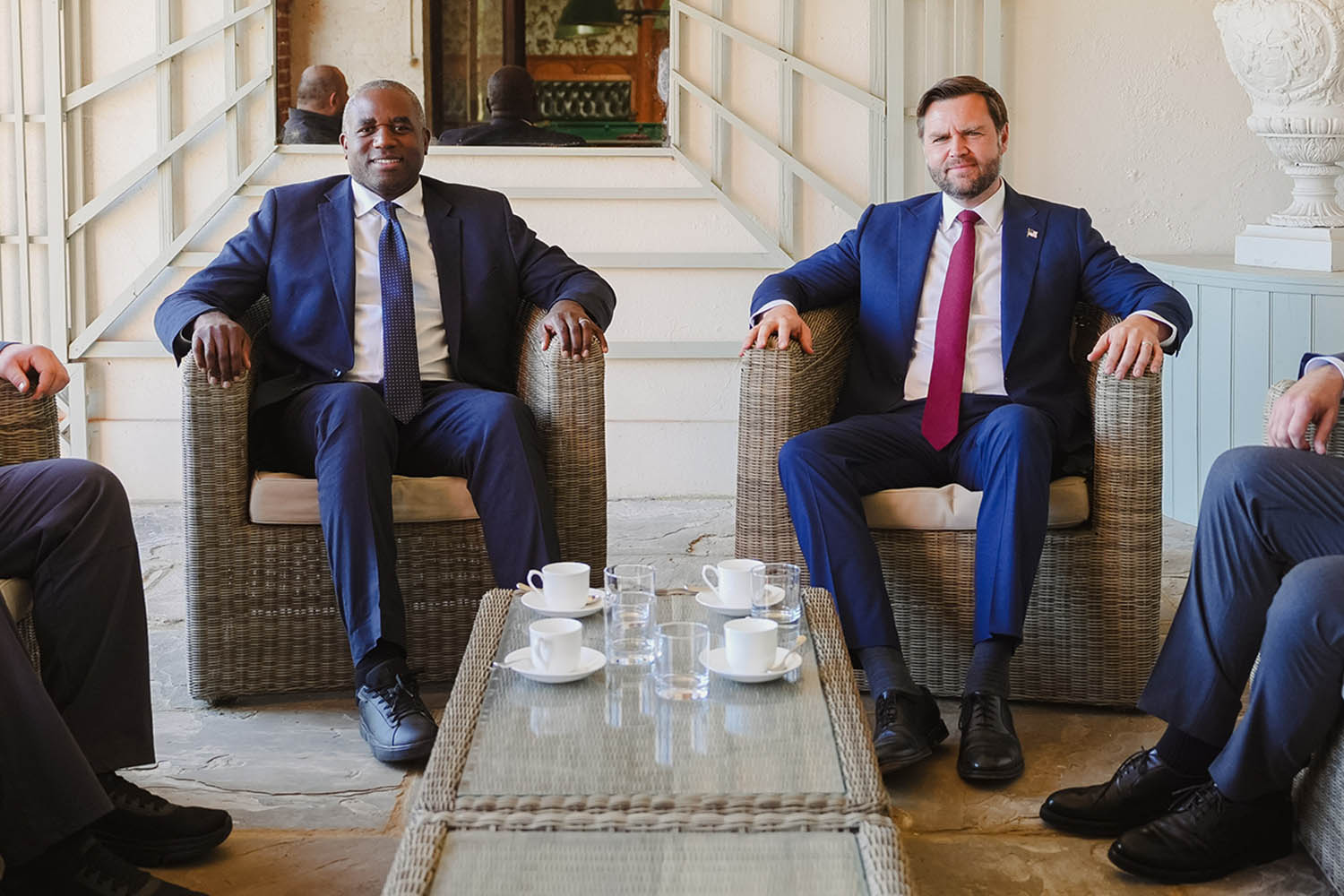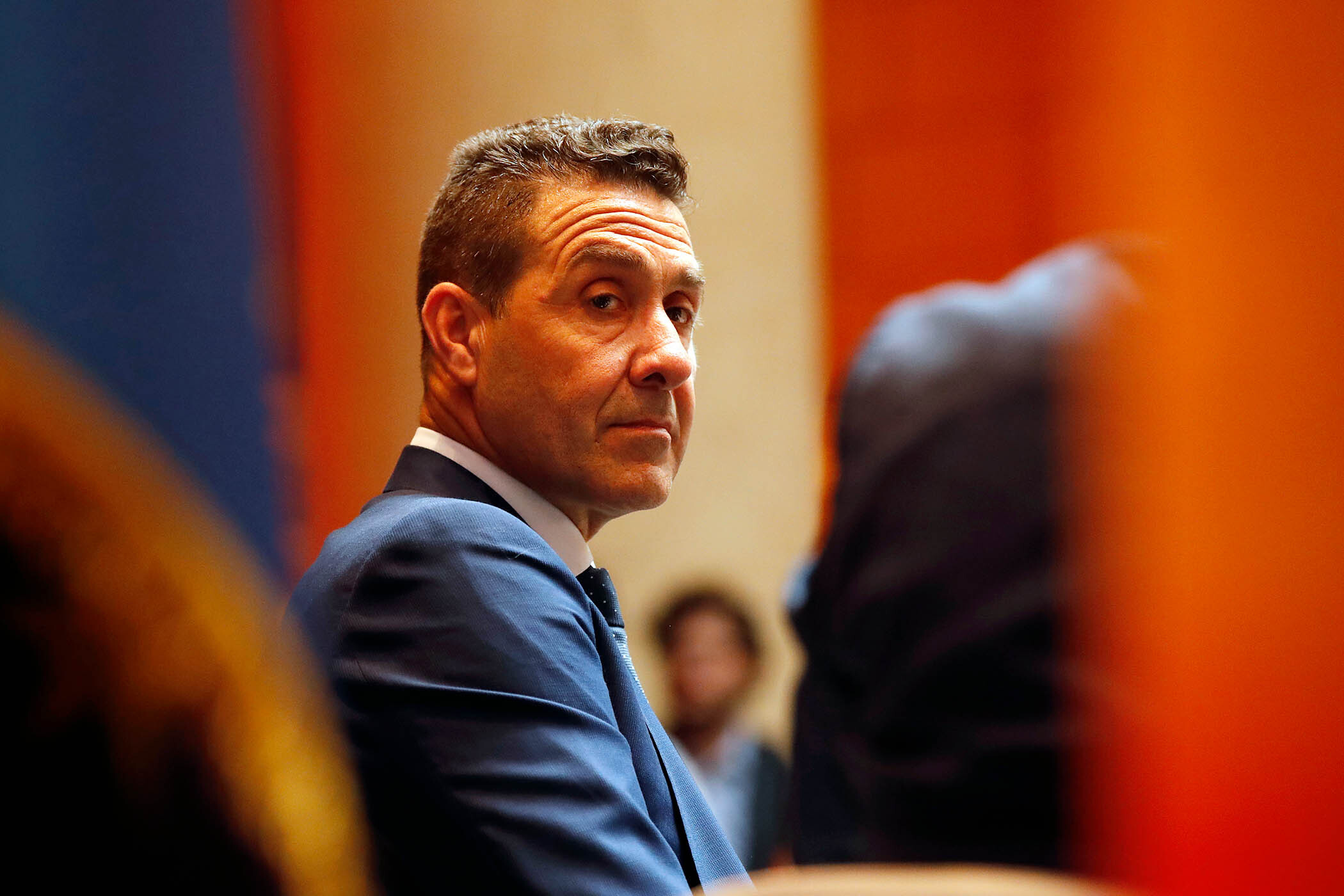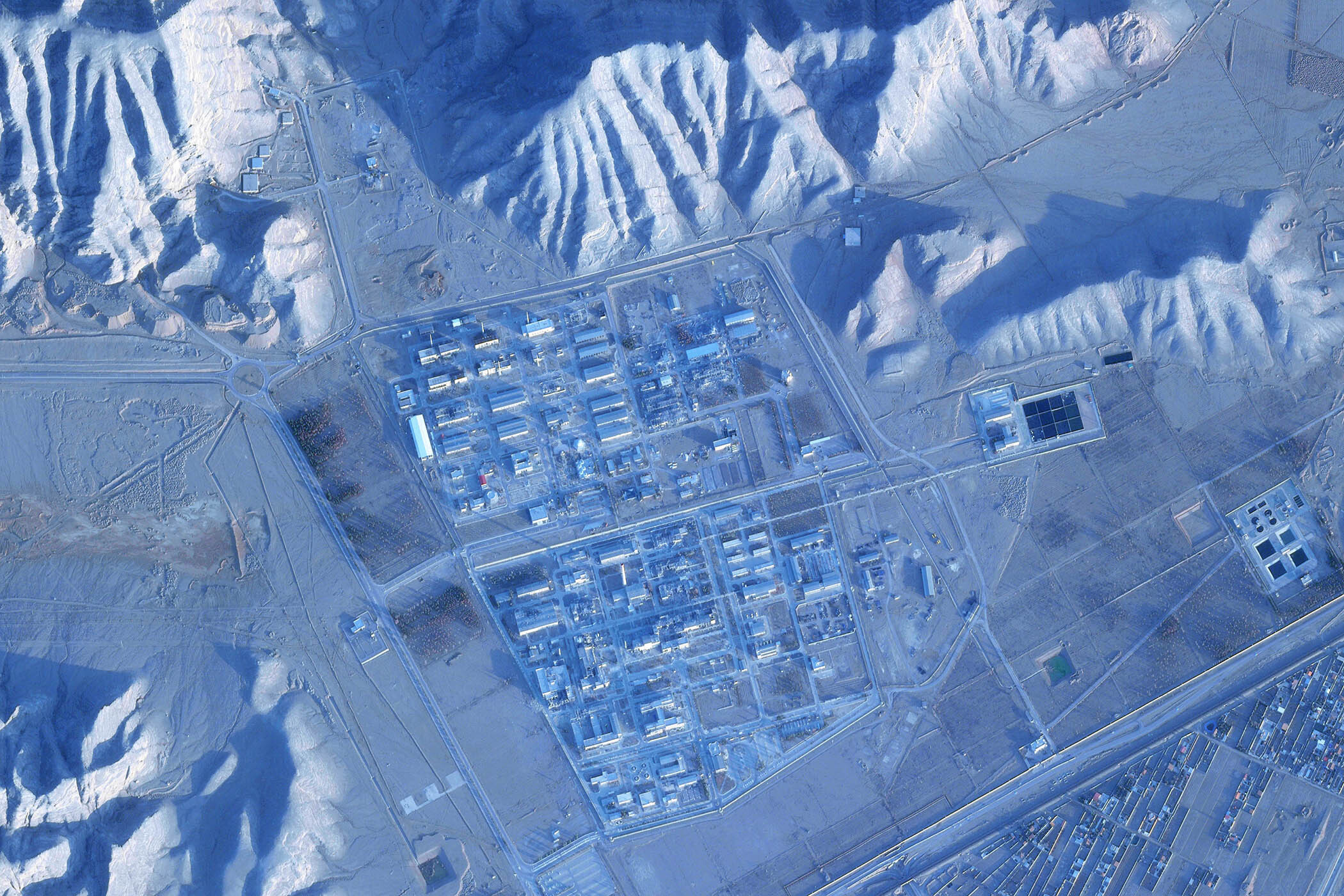The US vice-president JD Vance is on holiday in the Cotswolds after a weekend spent with David Lammy at his grace and favour mansion in Kent.
So what? Hot on the heels of Donald Trump’s trip to Scotland, this has been a summer of transatlantic soft power. Security costs aside, there seems to be little diplomatic downside to Vance fishing in Chevening and Trump golfing in Menie. But there are questions as to who benefits from the relationship between the countries, which
•
continues to dominate the Anglosphere;
•
means Britain largely moves in lockstep with the US even as politics diverge; and
•
risks driving a wedge between the UK and Europe even though Brits would prefer a closer trading partnership with the latter.
The special relationship. Winston Churchill coined the term in 1946 on a speaking tour of US universities after leaving office. It has also been applied to American ties with Canada and Israel.
What it means. Economic links, shared intelligence and defence are at the heart of the relationship, including the US commitment to protect Europe following the Second World War. The Marshall Plan provided more than $13 billion in aid to the continent, with a quarter sent to Britain.
And also Nato. The strength of this bond looked under threat earlier this year as Trump equivocated on Nato. He is back on side but gripes remain. Vance said on Sunday that Washington was “done funding” Ukraine, and that Europe has to “step up”.
Mutual friends. The US and the UK are also part of dozens of other groups, such as
•
the UN Security Council, G7 and G20;
•
the Five Eyes intelligence sharing alliance; and
•
Aukus, a security partnership that also includes Australia.
The imbalanced relationship. Although these organisations confer equal membership to the US and the UK, it’s clear who wears the pants. This is not just about defence – Britain’s nuclear deterrent relies on America for maintenance – but trade too.
By the numbers:
•
£200 billion – the amount of goods and services the UK exported to the US in 2024, more than to any other nation.
•
10 – the number of countries that provide a bigger market to the US than Britain.
•
7.95 – how many times larger the US economy is than Britain’s.
Vox populi. The UK public has grown cynical of this dependence. While more than half of Brits thought there was a special relationship at the start of the Biden administration, this dropped to 30 per cent in April after Trump’s return to office.
The connection remains. Despite a recent decline, the US and UK exchange millions of visitors a year. JFK to Heathrow is the busiest flight path in Europe.
Newsletters
Choose the newsletters you want to receive
View more
For information about how The Observer protects your data, read our Privacy Policy
Roll out the carpet. The British government clearly thinks its relationship with the US is worth strengthening. Vance’s visit to the Cotswolds, which has turned a rural idyll into the site of a major police operation, was preceded by a weekend catching carp with the foreign secretary.
The unlikely relationship. Vance and Lammy call each other friends and have some things in common, including
•
family addiction issues;
•
working-class roots; and
•
faith and a love of Christianity.
Take a bow. The UK may argue that political friendship and pragmatic flattery works. Keir Starmer took Trump by surprise in February with an invitation from King Charles for a state visit. Three months later he struck a trade deal with the US that set a 10 per cent tariff rate for Britain.
But the UK is still paying 25 per cent tariffs on steel and aluminium. And by some accounts the EU got a better deal.
Old habits die hard. In its efforts to curry favour with the US, the UK has had to brush off past criticism. Vance called Britain an “Islamist country” after Labour won the general election. He has also attacked the UK for, he says, backsliding on free speech and importing cheap labour.
Points of departure. Trump seems willing to look past these differences when it comes to Starmer. Last month in Scotland he said he liked the prime minister “even though he’s a liberal”.
That said, the rest of that press conference saw Trump criticise UK policy as well as the mayor of London. Vance said on Friday that the US did not agree with Britain’s conditional plan to recognise the state of Palestine.
What’s more… Starmer and Lammy are happy to manage these disagreements in exchange for staying in Trump’s good books. The great unknown is where the US draws the line.
Photograph by Ben Dance/FCDO



